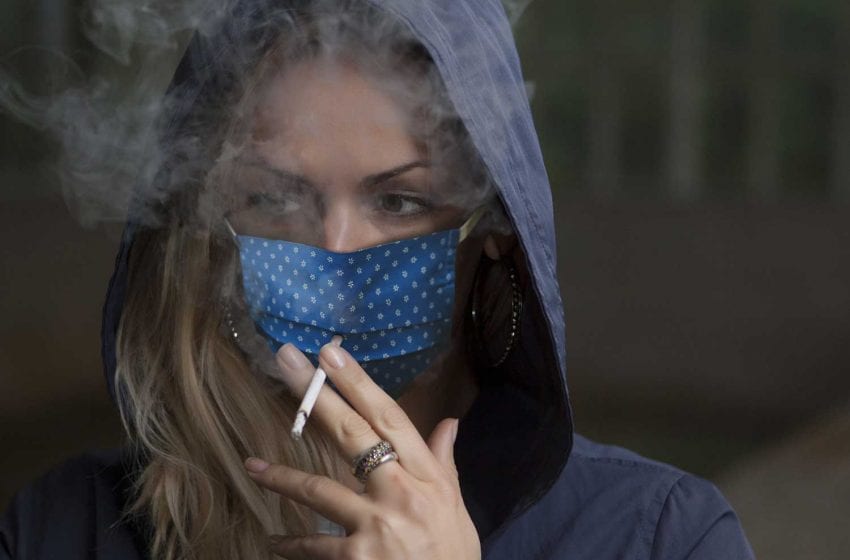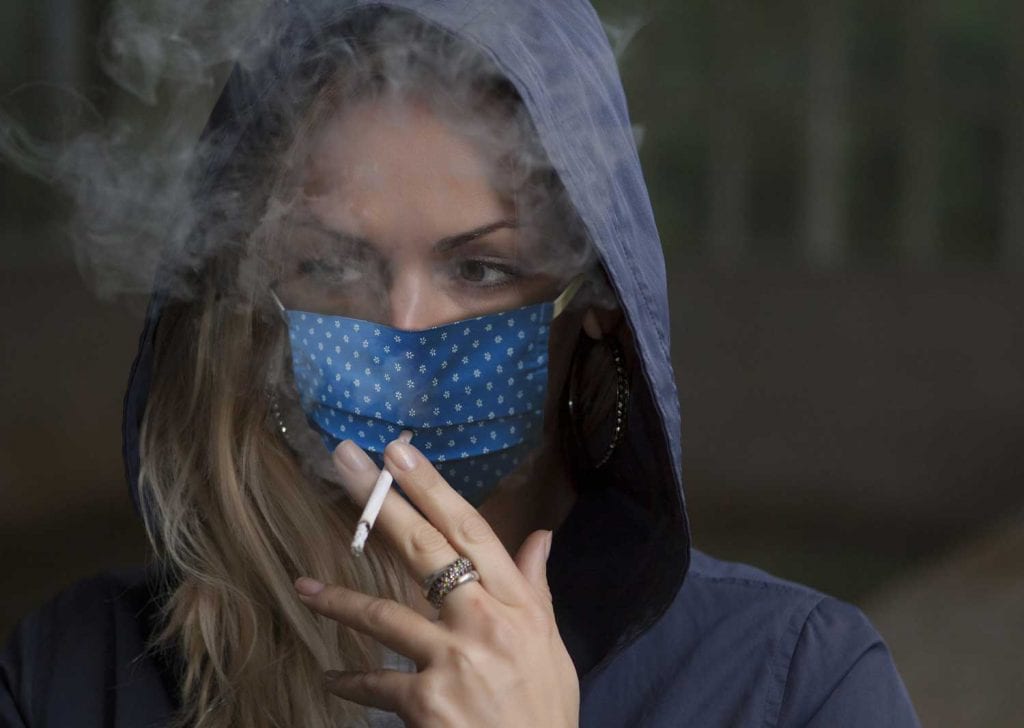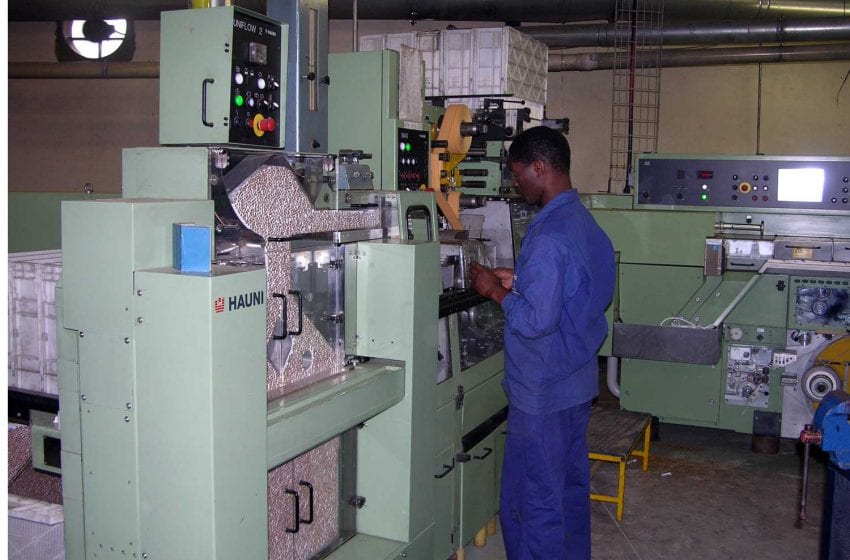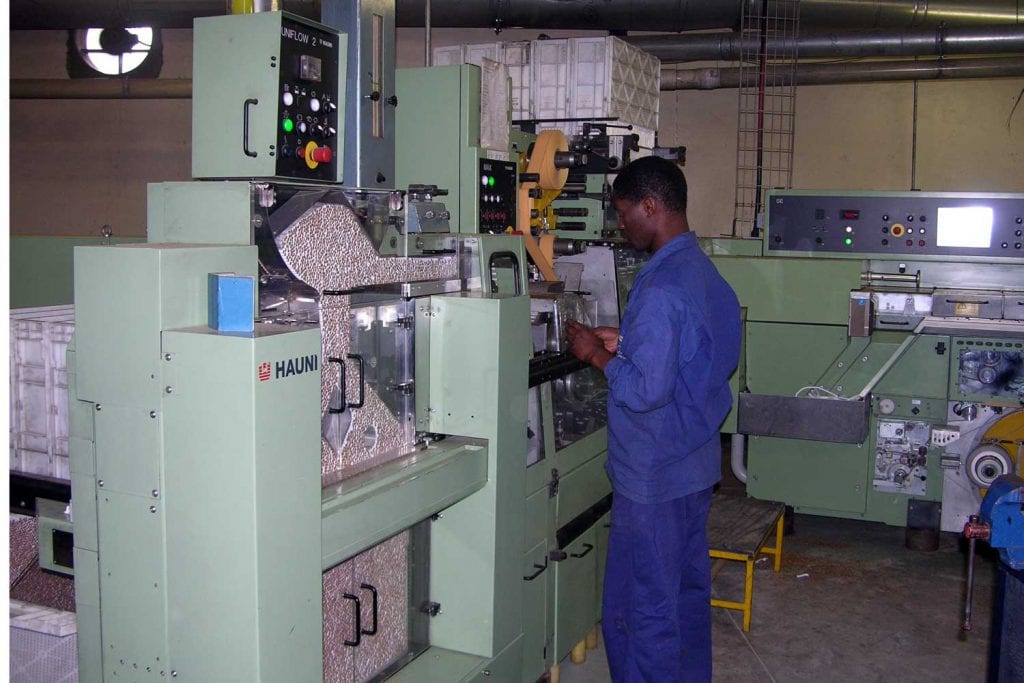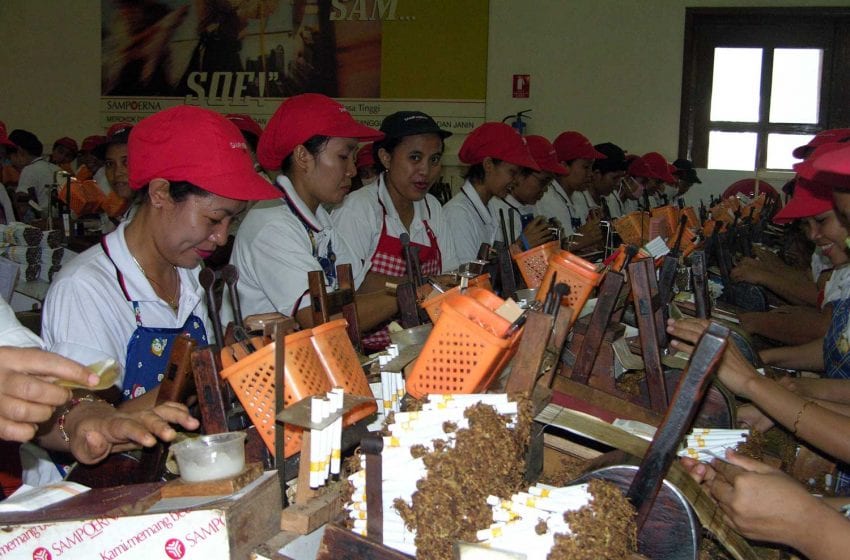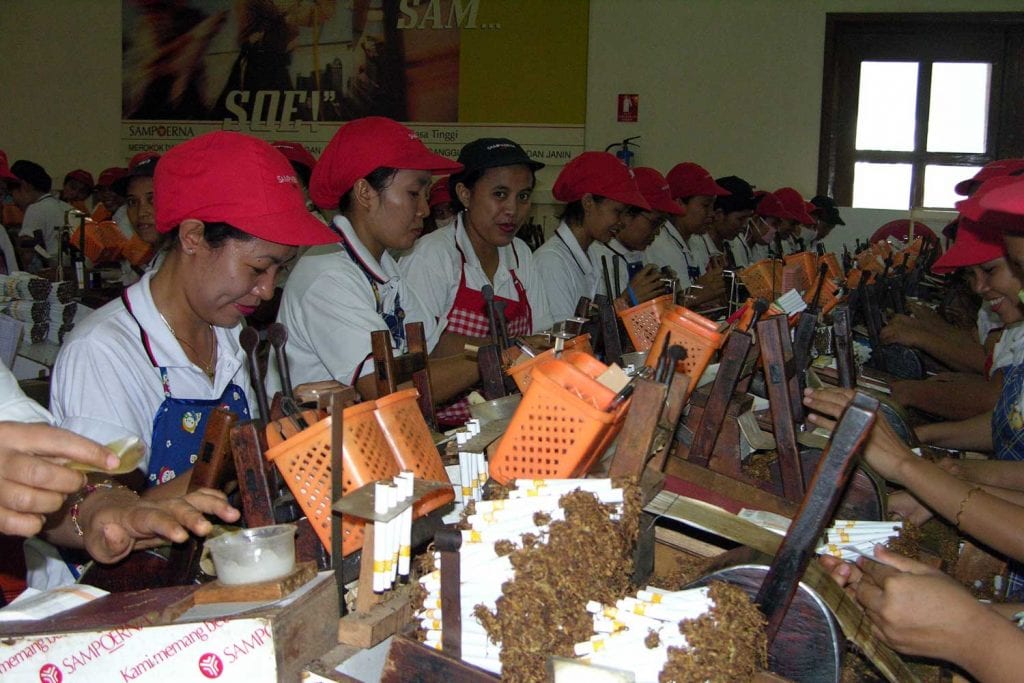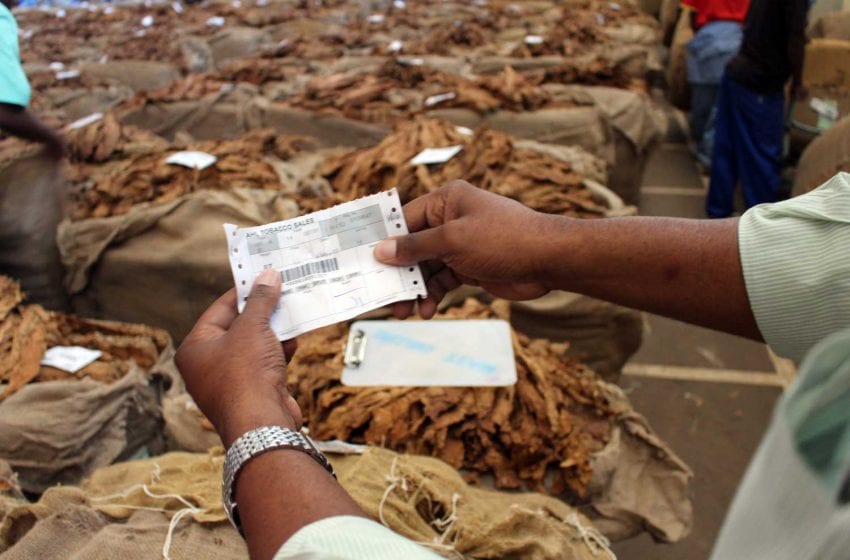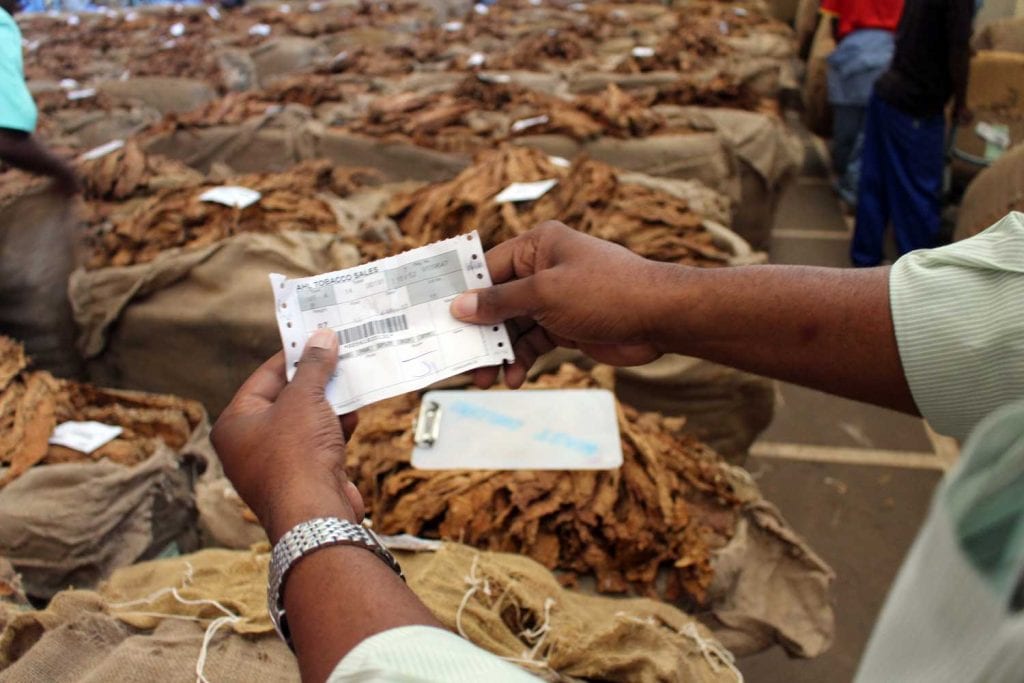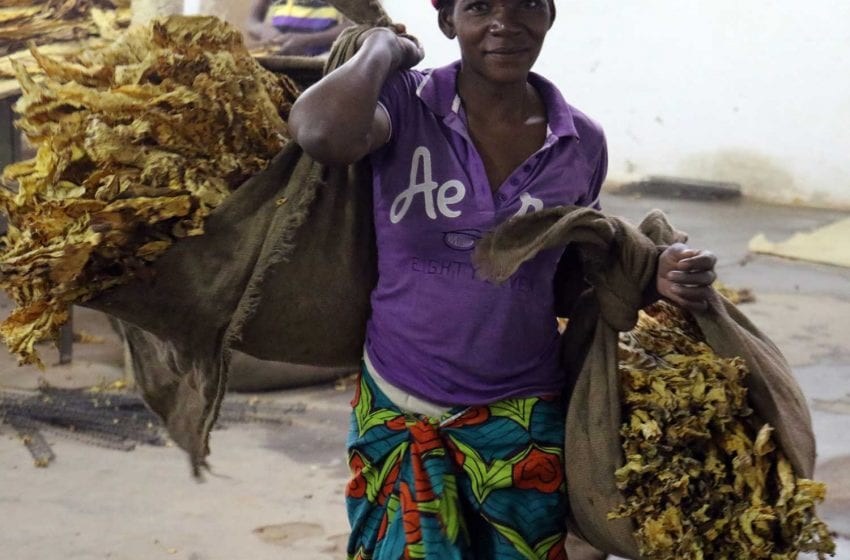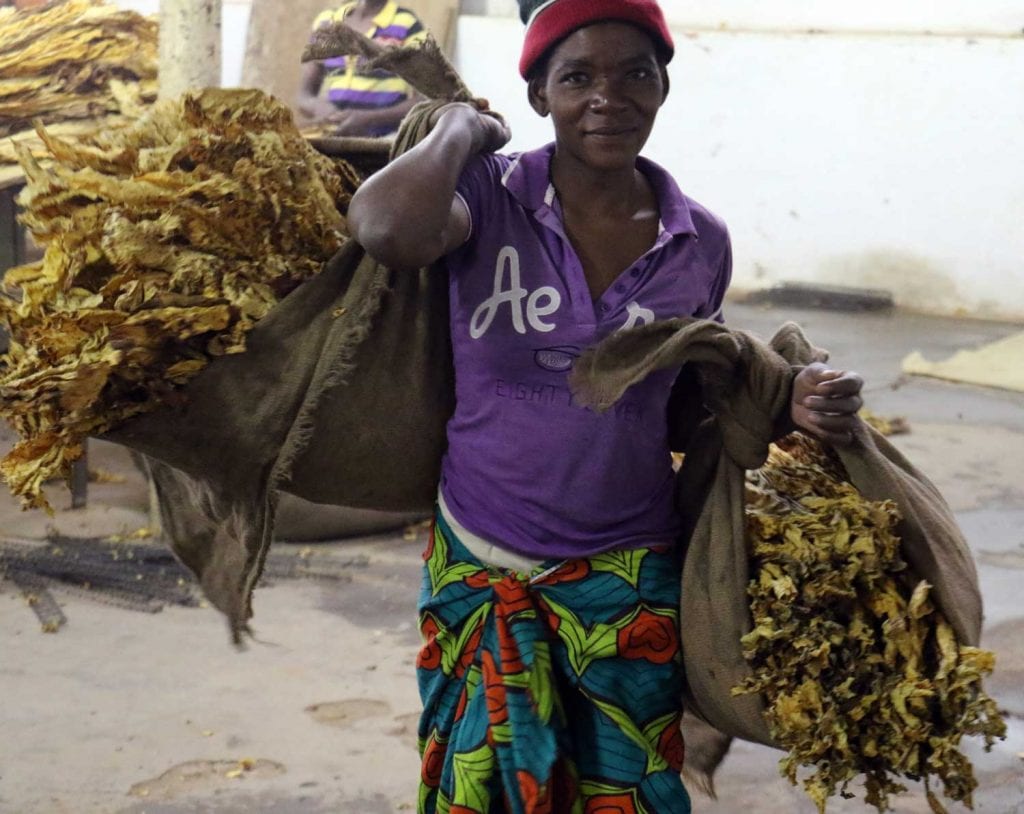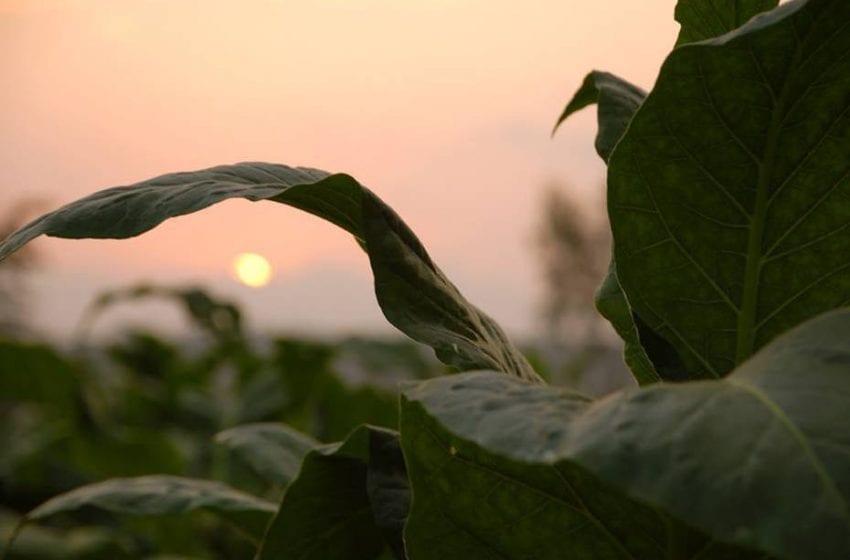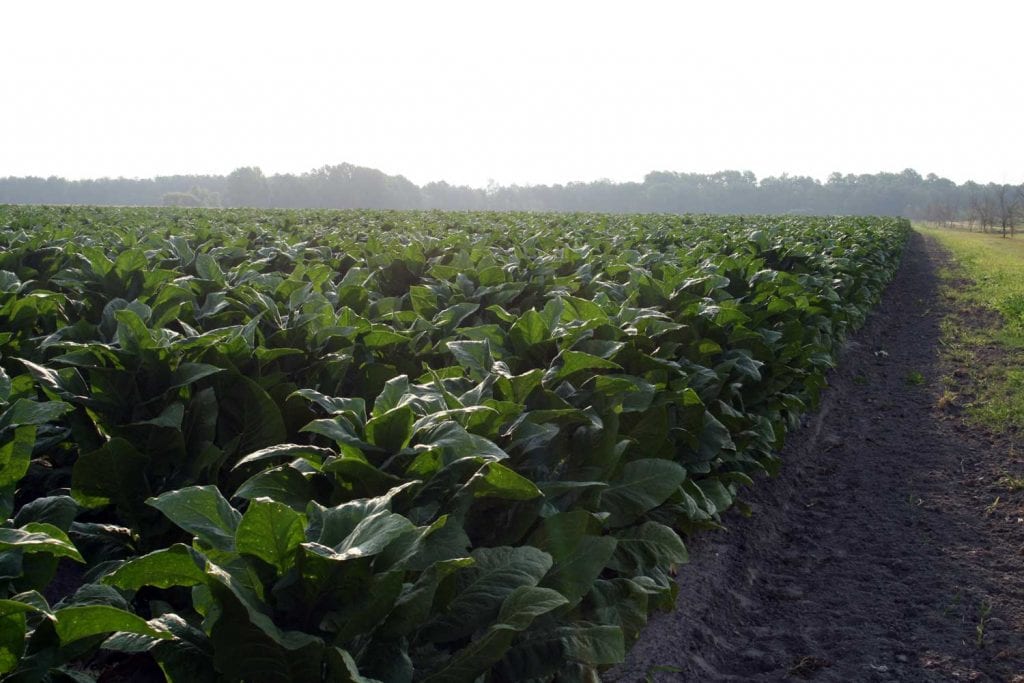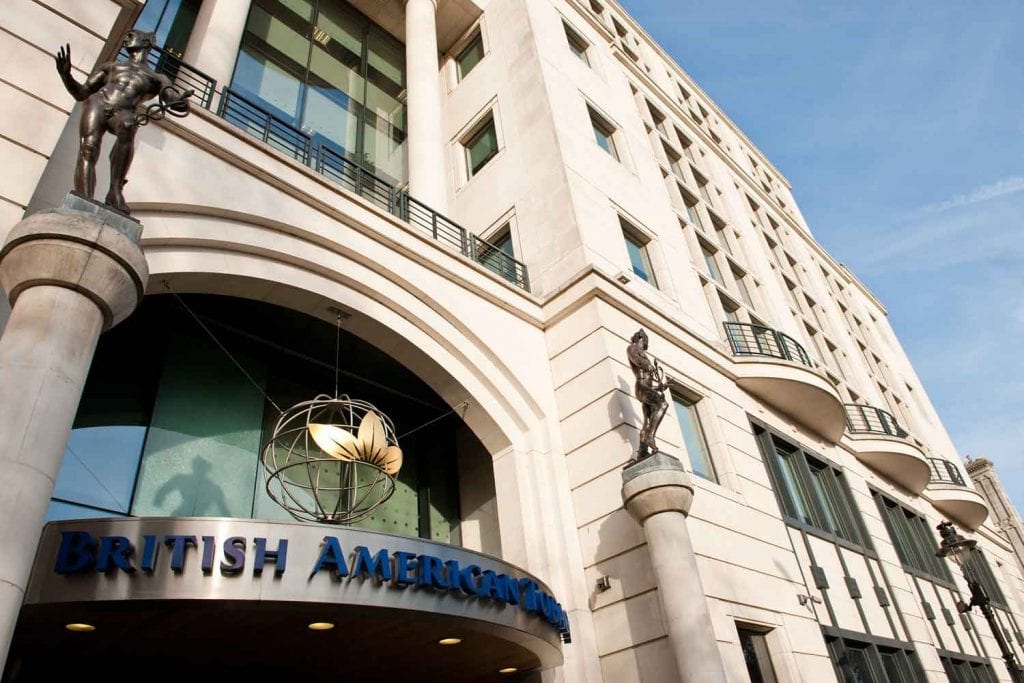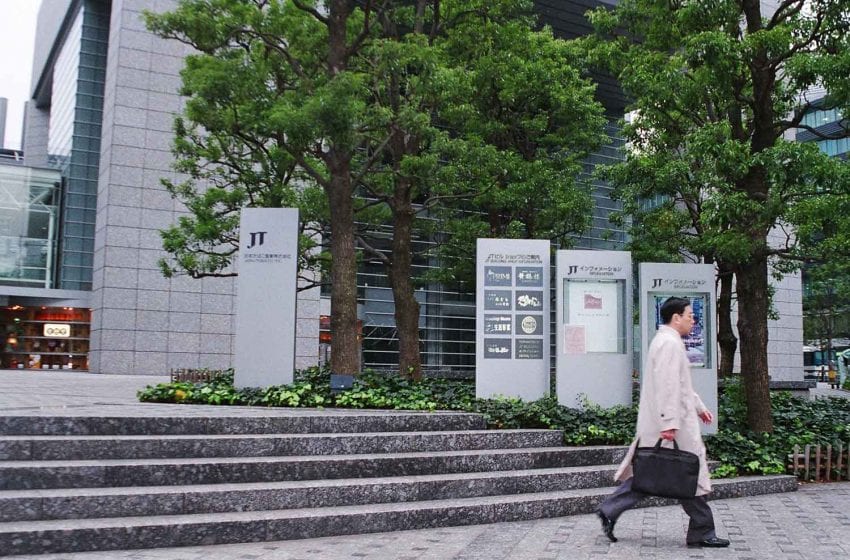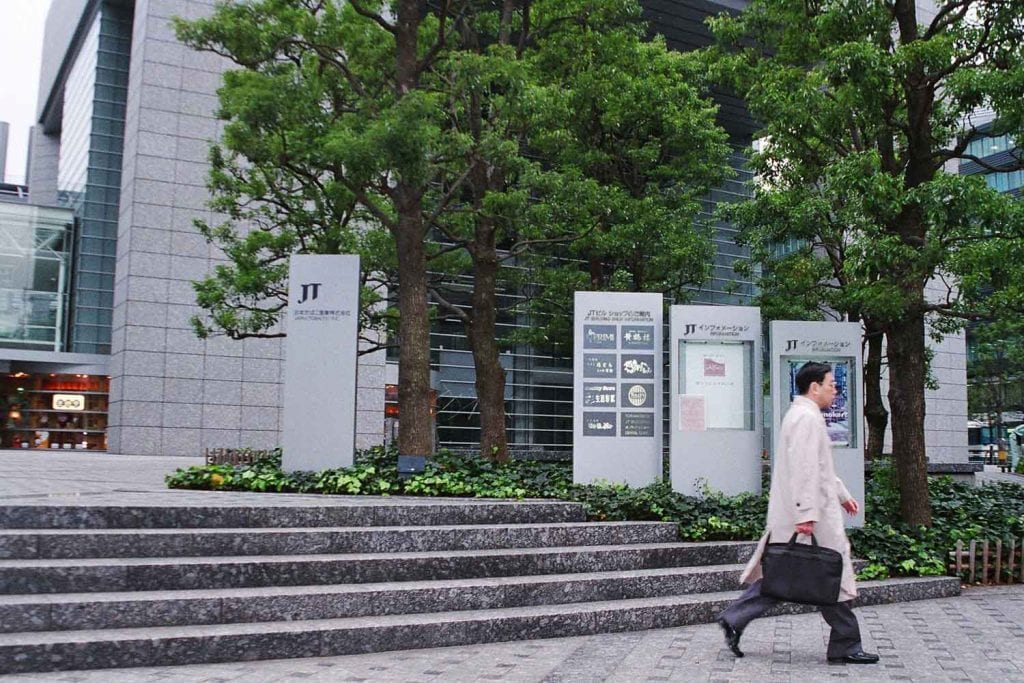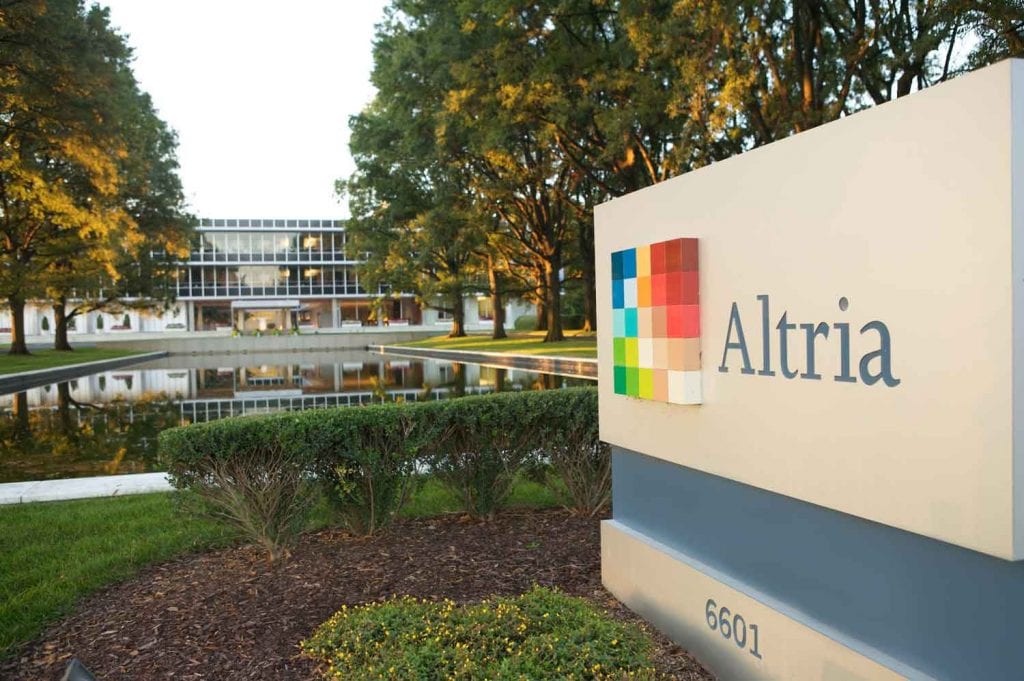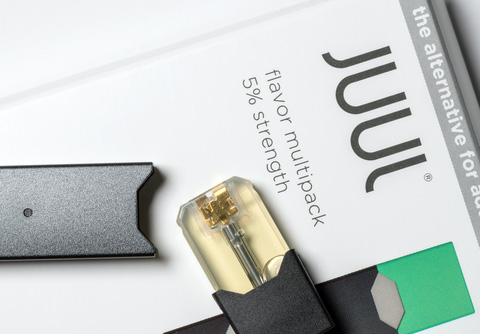Recent studies that have found a disproportionally low number of smokers among Covid-19 patients have not provided direct evidence that smoking is protective against the illness, according to Health Feedback, a nonpartisan, nonprofit organization dedicated to science education.
Claims that smoking might protect against Covid-19 have been reported in several media outlets and are currently going viral, with more than 410,000 interactions on Facebook in April 2020.
However, the Health Feedback scientists point out several problems with findings. A French study, for example, did not appropriately factor in comorbidities such as diabetes and hypertension, which can also adversely affect the clinical course of Covid-19, according to the Health Feedback scientists.
“While the preprint did report the prevalence of such conditions within the combined study cohort of inpatients and outpatients, it did not report age or disease prevalence according to smoking status,” they wrote. “It is therefore unclear whether the nonsmoking group comprised more older individuals and/or those with preexisting health conditions than the other, which might have influenced the results.”
Other studies showed similar shortcomings, according to the Health Feedback scientists.
While acknowledging that the findings of disproportionally low numbers of smokers among Covid-19 patients are interesting and deserving of further investigation, the Health Feedback scientists say it would be unwise to begin smoking based on unproven claims that it might protect against Covid-19.

